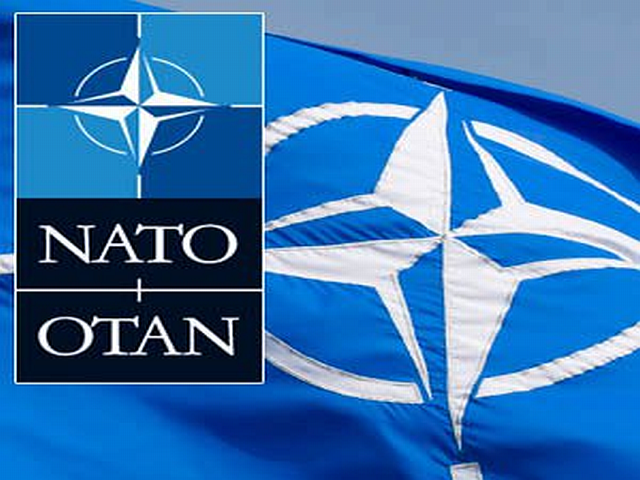NATO to open office in Chişinău
NATO will open a representative office in Chişinău in April to support the reforms in the Republic of Moldova.

Roxana Vasile, 09.02.2017, 13:47
It has become a tradition for the Republic of Moldova to signal its foreign policy orientation through the first official visit abroad paid by its high-ranking officials soon after taking office. One year ago, the Democratic Prime Minister Pavel Filip, chose to visit Bucharest, thus sending a positive signal regarding the continuation of Moldovas efforts to join the EU and NATO with the support of neighbouring Romania.
However, this year in January the newly sworn-in Moldovan president, pro-Russian Socialist Igor Dodon preferred neighbouring Russia. His purpose was for the Republic of Moldova to resume its strategic partnership with Russia, which was neglected during the term in office of the former Moldovan president. In Moscow President Dodon evoked the possibility of the Association Agreement between Moldova and the EU, concluded in 2014, being revised or even cancelled.
In an attempt to see where the EU stands in this matter, earlier this week Igor Dodon had talks with EU and NATO officials. Again, he denounced the Association Agreement with the EU. As regards NATO, he called on the Alliance not to hurry in opening an office in Chişinău: “We believe that, at this stage, this step will create obstacles in the process of negotiations regarding the Transdniester issue. We have proposed and asked the NATO Deputy Secretary General not to hurry in opening a NATO office in Chişinău. If such a decision is made, given that the necessary agreements have been signed and promulgated before I took office, I do not rule out the possibility of Moldova revising the status of this NATO office in the future.
Although in Igor Dodons opinion, the NATO office would create obstacles in the negotiations regarding Russian-speaking Transdniester, it will nevertheless be opened in April, as the Moldovan Deputy Foreign Minister Lilian Darie announced. But why is the NATO office a problem and for whom? To some, the question may seem rhetorical.
Transdniester went out of the control of the Moldovan authorities, de facto, in 1992, following an armed conflict that left hundreds of dead. The conflict ended with the intervention of the Russian troops on the side of the separatists. Although Russia committed to pulling out its troops as of 1999, they are still there.
However, president Igor Dodon has asked for assurances from the EU and NATO regarding the observance of the Republic of Moldovas permanent neutrality. The future NATO representative office is not a military base, but a diplomatic mission required by the Moldovan Government to support the reforms, NATO Deputy Secretary General, Rose Gottemoeller has argued, adding that neutrality does not mean isolation. But, of course, each nation has the right to strike alliances with whomever it chooses.
Igor Dodon, for instance, wants three-party negotiations between the EU, the Republic of Moldova and Russia, which has prompted many pundits to claim that the Moldovan president is actually promoting the interests of the Russian Federation in the EU and not those of his own state.






























